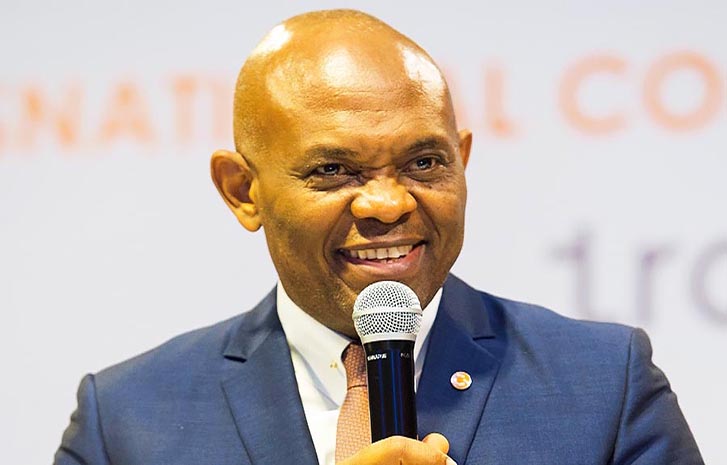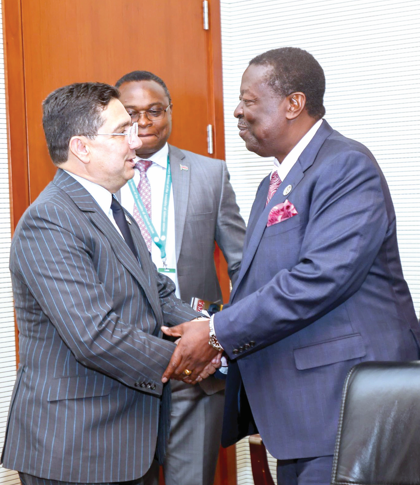Nigeria and five other African countries, including South Africa, Kenya, Sierra Leone, Namibia, and Rwanda, yesterday launched the Circular Economy Powered Renewable Energy Centre (CEPREC) as part of steps towards addressing Africa’s energy and e-waste challenges.
Daily Trust reports that CEPREC operates as a Pan-African, multisectoral, and interdisciplinary research centre that brings together government, academia and industry to drive collaborative research, innovation, and capacity building.
The £3.5m centre will empower local researchers, policymakers, and entrepreneurs to develop, manage, and scale circular microgrid projects through workshops, training programmes, and interdisciplinary knowledge-sharing.
While launching the CEPREC at a virtual press conference that brought together stakeholders from across the United Kingdom and sub-Saharan Africa, Director of CEPREC and Professor of Innovation for Sustainable Development at De Montfort University, Muyiwa Oyinlola said the centre was set up to “transform the way we think about waste, turning it into opportunity, empowering communities, and driving economic transformation.”
Prof. Oyinlola said the initiative will set a new benchmark for sustainable energy solutions across Africa, adding that it hopes to expand further across the continent.
CEPREC, which is funded by the UK Government’s Ayrton Fund, a £1 billion commitment to clean energy research and development, is led by academics from 11 research institutions, including the University of Lagos and Nnamdi Azikiwe University in Nigeria.
International Director, UK Research and Innovation (UKRI) Frances Wood explained that the Ayrton Challenge Programme demonstrates the power of research and innovation to address critical global challenges.
On his part, Deputy Director (Engineering) of CEPREC, and Professor in Power Electronics at the University of Warwick, Layi Alatise, clarified that when technology is implemented without local capacity to maintain and expand it, sustainability is compromised. He said CEPREC will prioritise knowledge transfer and skills development to ensure its impact is long-lasting. “By integrating circular economy principles into Africa’s energy sector, we are creating a resilient and sustainable future,” he said.
Speaking on the transition to a circular economy, Senior Research Fellow at Chatham House, who is leading CEPREC’s policy engagement, Dr. Patrick Schroeder said it requires a comprehensive international policy framework that fosters innovation, collaboration, and sustainable practices across all sectors.
In her remarks at the launch, Head of Strategic Partnerships, Abi Okoya described CEPREC as more than a centre but a movement to unite government, industry, and academia in creating innovative and circular solutions that will redefine how communities are powered.












